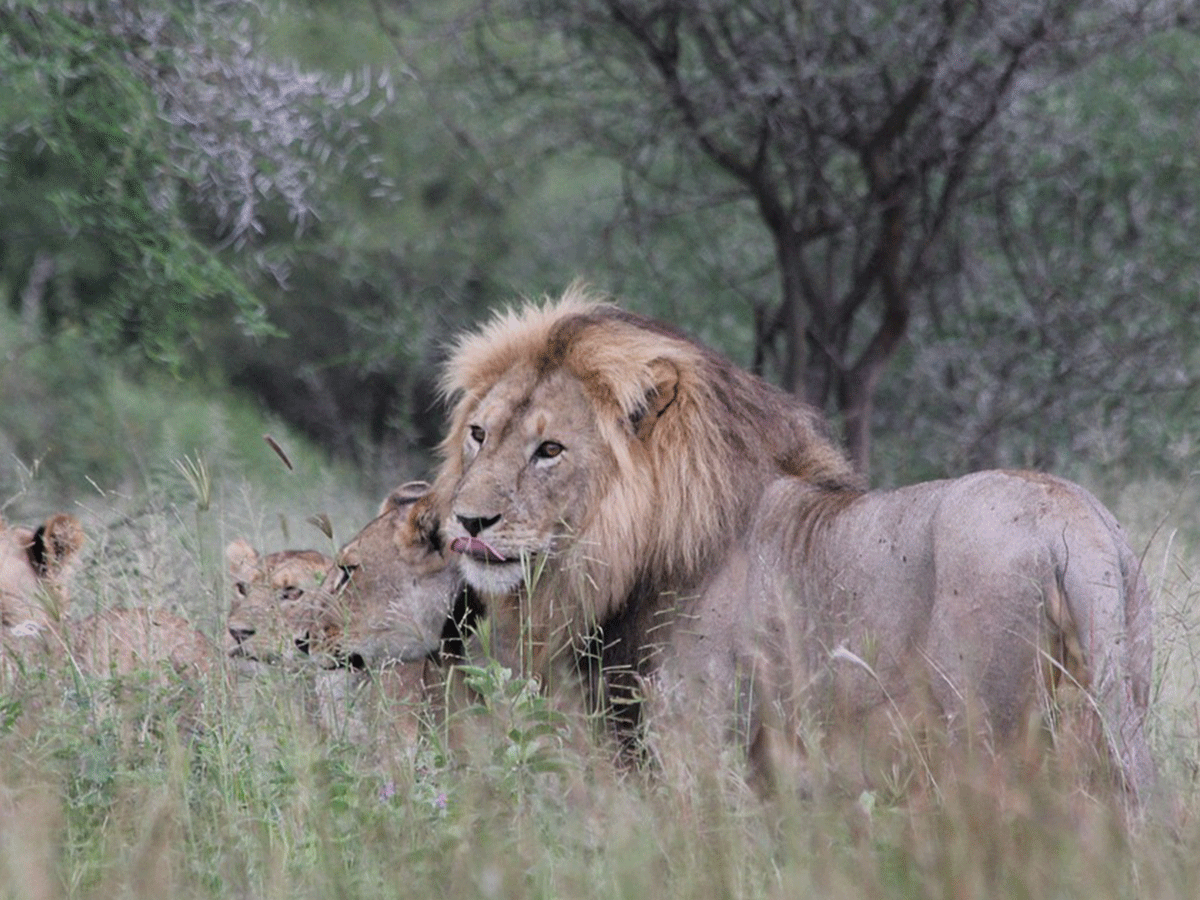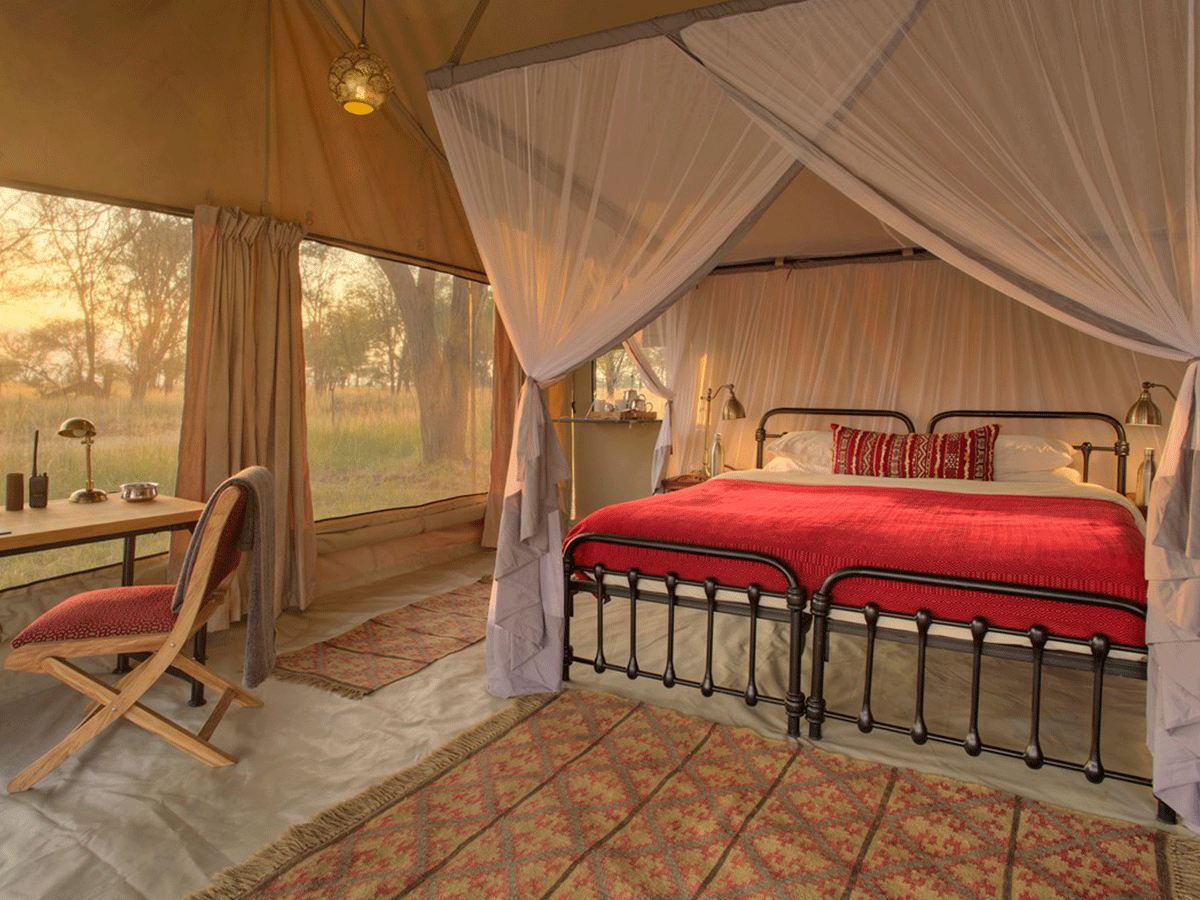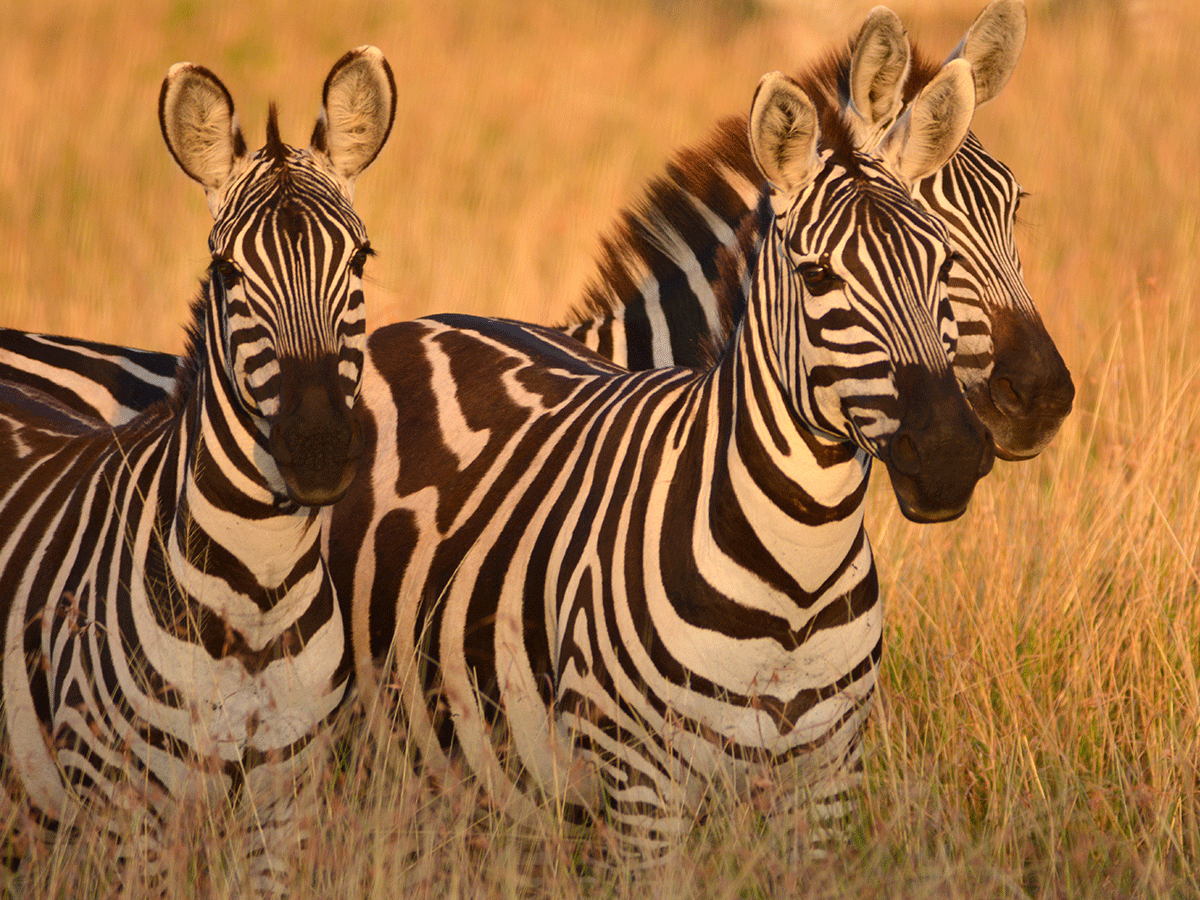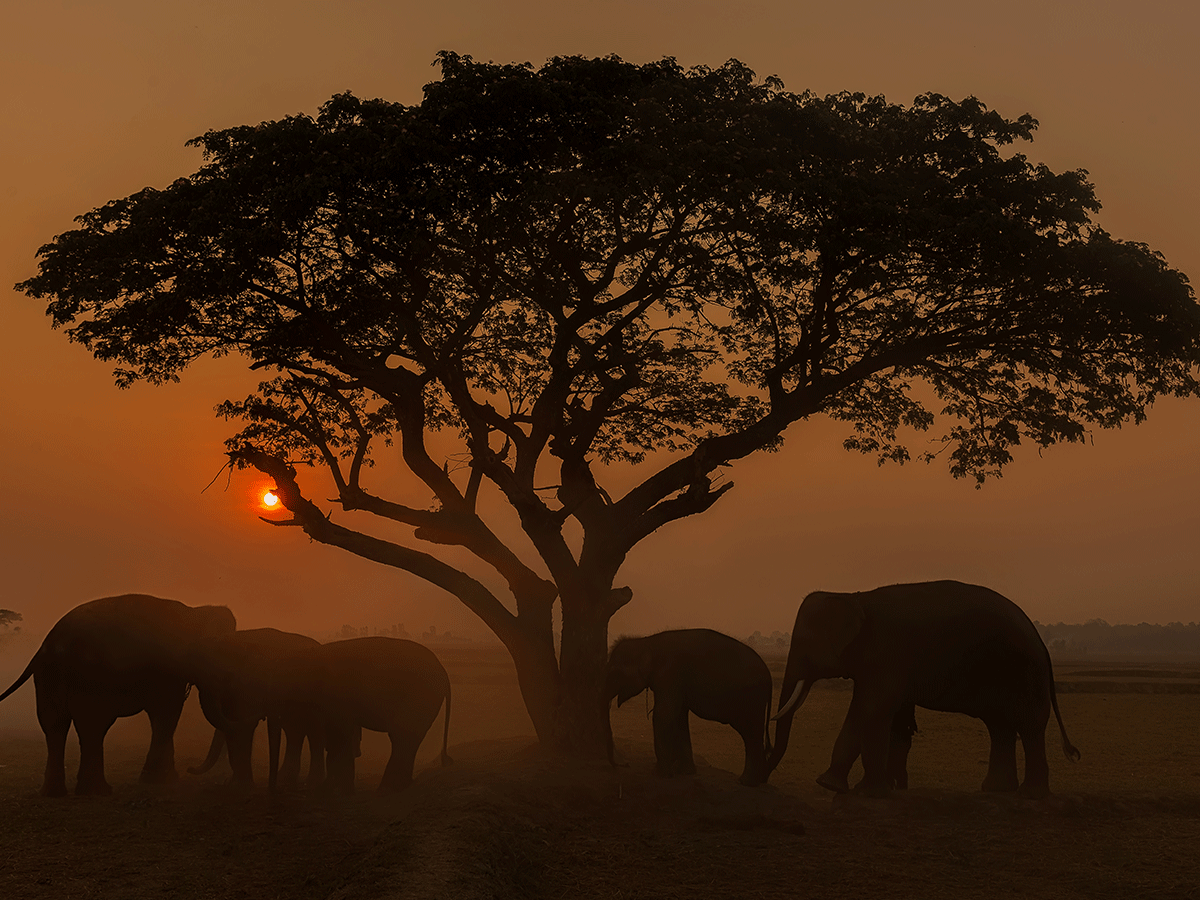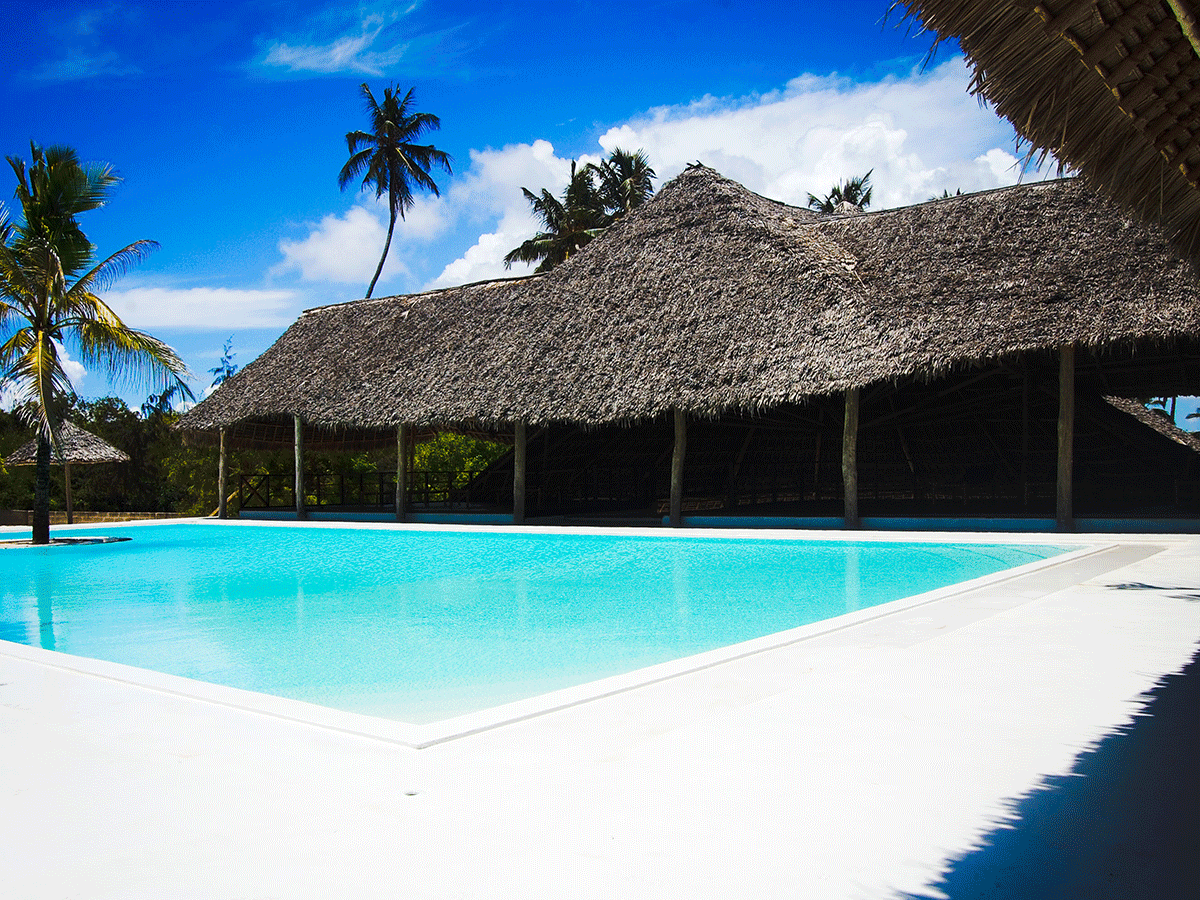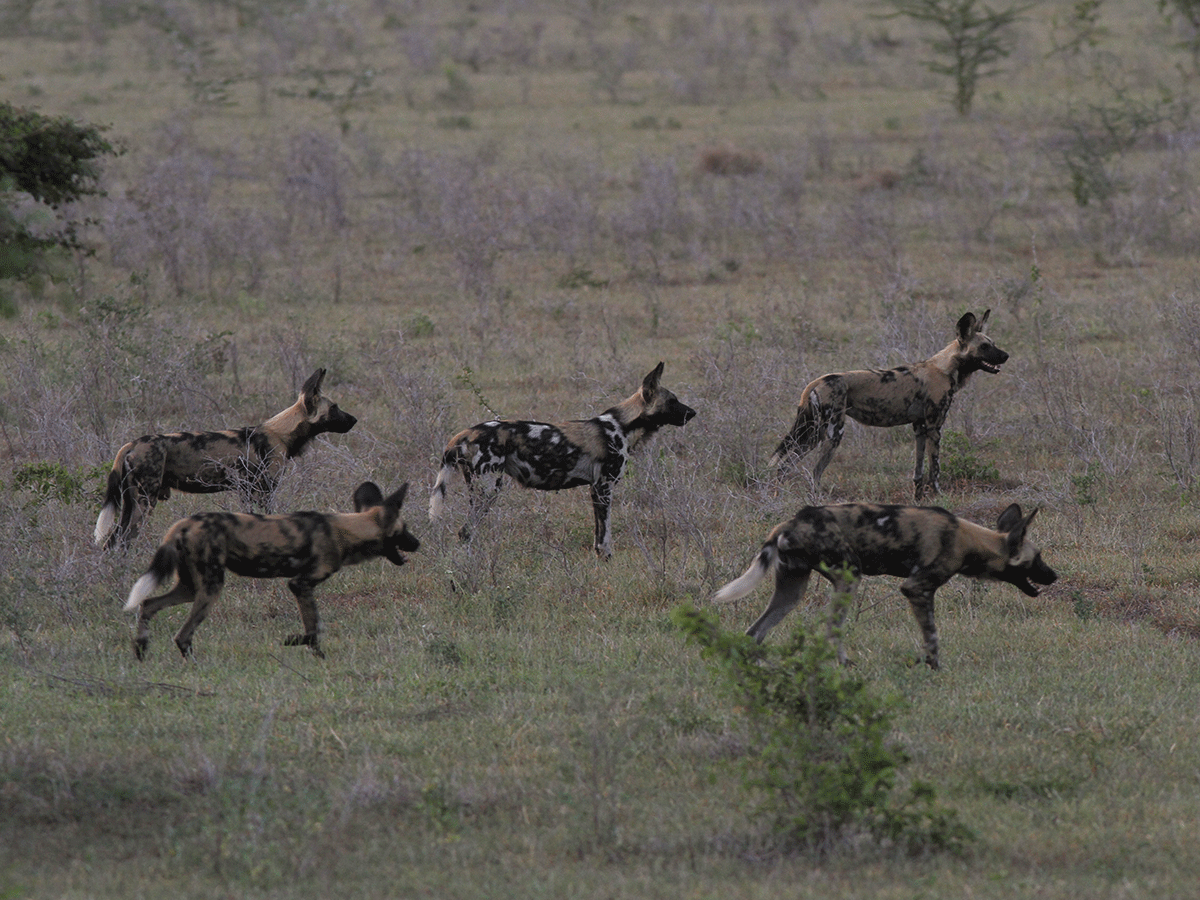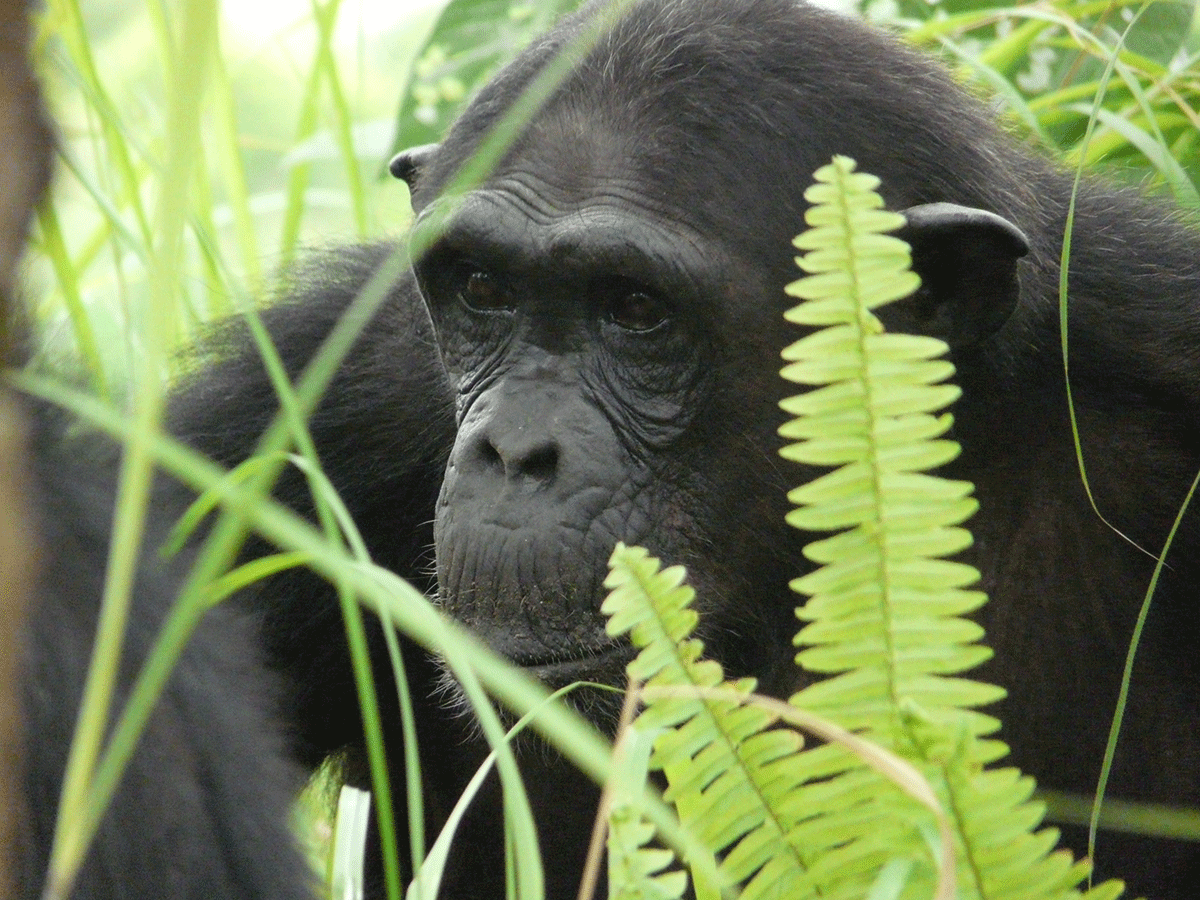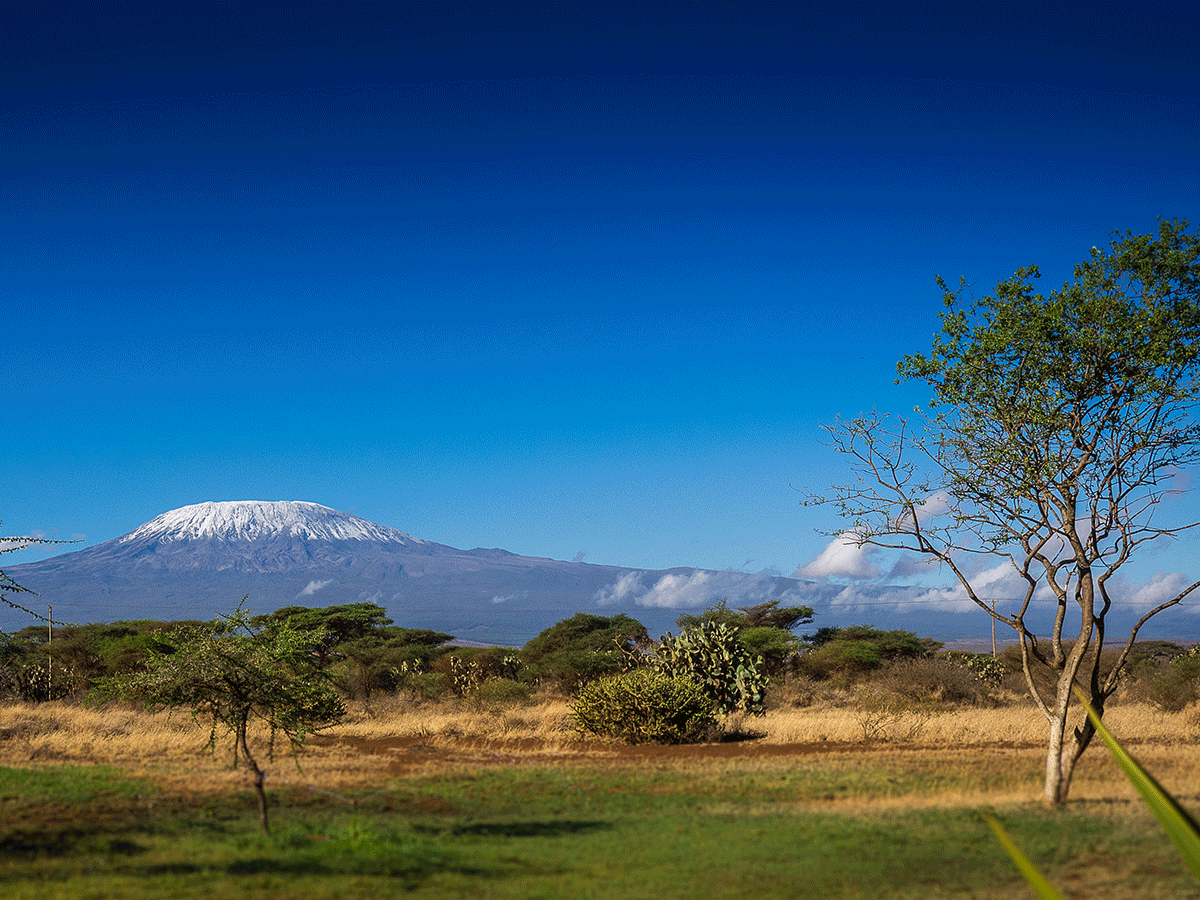Tanzania Safaris, Tours & Holidays
Home » African Safari Destinations » Tanzania Safaris, Tours & Holidays
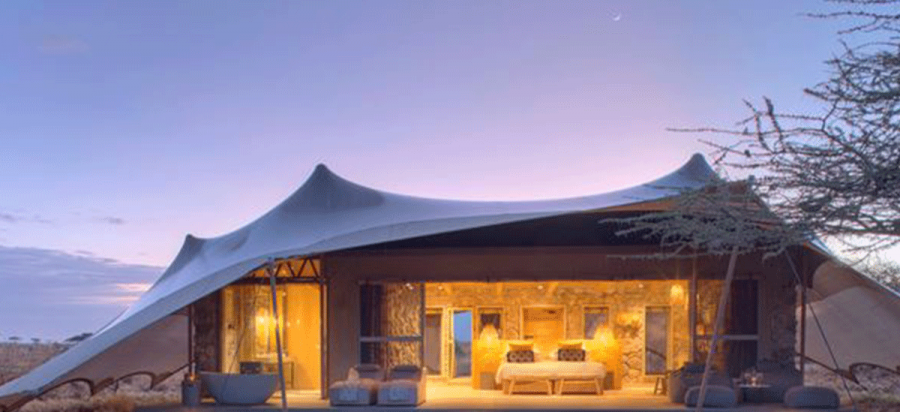
Tanzania Safaris, Tours & Holidays
Tanzania is an East African country known for its vast wilderness areas. They include the plains of Serengeti National Park, a safari mecca populated by the “big five” game (elephant, lion, leopard, buffalo, rhino), and Kilimanjaro National Park, home to Africa’s highest mountain. Off the shore lie the tropical islands of Zanzibar, with Arabic influences, and Mafia, with a marine park home to whale sharks and coral reefs.
Tanzania is Africa’s visual masterpiece for classic safari vacations in East Africa. It is a country of natural wonders, dramatic wildlife events, seductive and romantic beaches, extraordinary ancient towns, archaeological sites and geological wonders forming a great destination for exclusive journeys.
Africa’s highest mountain, Mount Kilimanjaro, rises from lush, grassy plains and towers over the land. Its snow-capped Uhuru peak is a sight to behold. Climbing Kilimanjaro is surprisingly easy and standing on the roof of Africa is a life-changing experience that one should easily log in to while visiting Africa on a holiday safari.
Visitors can witness the mighty herds of the Great Migration thundering across the Serengeti plains and Ngorongoro end their unforgettable safari with a serene beach holiday on Zanzibar, the intoxicatingly beautiful and exotic Spice Island
How to get to Tanzania
Being a popular safari destination getting to Tanzania is pretty easy from anywhere in the world but the easiest access is from Europe and the United Arab emirates for travellers from the United States of America and Australia and Canada. KLM Royal Dutch Airlines fly daily to Dar es Salaam and Kilimanjaro from Amsterdam; as do Turkish Airlines from Istanbul Ataturk International Airport. Alternatively, travellers from Europe can fly to the pivotal East Africa ‘hub’ of Nairobi and other options like Qatar, fly Dubai and emirates.
By Road, Tanzania can be accessed from Uganda, Kenya and Rwanda for tourism purposes.
Passport, Visa and Entry Requirements for Tanzania
Travellers to Tanzania, with the exception of certain nationals, need to ensure that they are in possession of a valid passport, tourist visa and that at least one blank visa page exists in their passport book for their entry stamp.
Travellers’ passports should be valid for a minimum of 6 months after the issuance of their visa. Upon arrival at the airport, travellers need to present proof of their round trip tickets and sufficient funds for their stay. A valid visa, a residence permit or pass is also required when visiting Tanzania.
Those who travel from Yellow Fever endemic countries need to provide proof of vaccination upon arrival in Tanzania. Travellers between South Africa and Tanzania are not required to provide proof of Yellow Fever vaccination. For those who prefer to stay longer or are planning on staying for business purposes in the country, a Tanzanian business visa should be obtained.
Visa applications for minors fewer than 18 years travelling alone or with only one parent/legal guardian should be accompanied by a notarized letter, jointly signed by parents or legal guardians approving the minor to travel, as well as a copy of their ID.
The health sector of Tanzania
The health system in Tanzania follows the pattern of government structures of leadership in the form of hierarchy. There are different levels of services. The system complies with a system of a pyramid on top of which there are central hospitals (for example 4 consultant hospitals), which are expensive as they are oriented to the international standards. Their function as referral hospitals is fulfilled with conditions and difficulties. They fail to fulfil this goal simply because of the poor infrastructure of the country, poor roads and weak communication with the remote regions.
There is a problem of unequal distribution of financial means. This explains many problems with medical services. According to Morley and Diesfeld, this problem applies also to the general situation of health services in developing countries: 85% of health expenditure is given to the central and main hospitals. But these hospitals access only 10% of the population. The rest of the population, namely 15% of the financial means are meant for health care 90% of the population.
Malaria and Yellow fever vaccination
It’s important to avoid mosquito bites to stop transmission of either illness.
You should wear covering clothing when in areas endemic with the diseases. Make sure to use insect repellent when near the bugs. Mosquito nets can also help avoid bites, especially when sleeping.
There is a vaccination against yellow fever. One dose of the vaccine provides lifelong immunization from yellow fever.
Currency of Tanzania
The Tanzanian shilling is the official currency of the United Republic of Tanzania but the US dollar is ubiquitously used too. Other currencies such as the euro, Pound Sterling, Swiss franc are not used in the payment but they always can be exchanged for shillings at a reduced rate at any exchange office.
Most of the hotels, restaurants and souvenir shops have prices in US dollars but you can pay by local shillings. In supermarkets with cash register you can pay by shillings or by credit card, the commission will be ~5%.
Note: The banknotes of older than 2003 issue year are depreciated in Tanzania banks.
The official language of Tanzania
Language The official language in Tanzania is Swahili but there are hundreds of other local dialects. English is the second official language and the country’s commercial language. It is also the main teaching language used for all higher education institution. You will find that the majority of the people that you come in contact with are fluent in English and have a surprisingly good command of the language. Some useful and fun Swahili words and phrases are as follow: English/ Swahili Hello/ Jambo Response to Jambo/ Jambo or SiJambo How are you?/ Habari? Good/ Nzuri How’s Things? (fun slang)/ Mambo? Good (fun reply to Mambo)/ Poa Have a good trip (safe journey)/ Safari Njema Thank You/ Asante Sana You’re Welcome/ Karibu Sana Yes/ Ndiyo No/ Hapana OK/ Sawa No Problem/ Hakuna Noma Good Night/ La La Salama.
Best time to Travel to Tanzania
The best time to visit Tanzania depends on what wildlife you’d like to spot. The country’s seasons and wildlife numbers are dictated by the rains, so you’ll have a slightly different experience depending on when you choose to visit.
Tanzania’s headline attraction is the Great Migration, which occurs year-round across the Serengeti. Many people flock here between July and September for a chance to witness huge herds of wildebeest and zebra crossing the Mara River — panic ensues as they try to avoid the jaws of crocodiles and other predators waiting to pounce. You’ll see lots of vehicles in the park at this time of year, though.
Tanzania’s ‘green season, between November and March, is much quieter. While there’s a chance of rain showers, it’s a fantastic time for bird watching as migratory species arrive in their thousands. You’ll also see Great Migration herds with their newly born calves.
The only time we tend to avoid Tanzania is between April and May when heavy rains can disrupt wildlife viewing.
What to wear in Tanzania
Tanzania is deeply conservative, so both men and women should cover their knees and shoulders in public. Traditionally, women only wear skirts, but it’s fine for foreign women to wear jeans or trousers – as long as they aren’t too form-fitting.
In Zanzibar, you might be tempted to stroll around in shorts and swimwear, but remember the island is predominantly Muslim. On the beach, you can get away with skimpy attire, but as soon as you set foot in a village, be sure to cover up. I’ve seen locals stop girls walking through Stone Town (Zanzibar’s Old Town) in bikini tops, and ask them to put clothes on, so people do notice if you flaunt the dress code.
You might be inspired to buy kanga – a colorfully printed wrap that local women use as skirts, head wraps, and baby slings. When wearing one, keep modesty in mind and don’t tie it so tightly around your waist; it’s better if your curves aren’t clearly outlined
What bring while travelling to Tanzania
Modest clothing is advisable in the bigger towns and cities in Tanzania and particularly in Zanzibar out of respect for the prevalent Muslim beliefs and culture. It is especially important to cover shoulders and knees. That being said, in the various lodges and camps, and on the beaches of Zanzibar, it is perfectly acceptable to wear shorts and t-shirts or beachwear. Generally speaking, light layers of clothing in neutral safari colours of green, khaki and beige are the best items to bring with you. Dark colours such as navy or black can attract tsetse flies and are best avoided, as are bright colours like yellow, red and purple if you are going on safari.
Car hire and Driving in Tanzania
Self-drive safaris can be arranged but it’s not advisable if you’re a first-timer driving in Africa as the local drivers drive aggressively and there are usually few warning please ensure you hire a local driver and in Tanzania they drive on the left side of the Road
Accommodation in Tanzania
Tanzania has Avery high development rate in terms of accommodation in all the major cities you will find all sorts of accommodation ranging from luxury to mid-range and budget in more wildlife dominated you will also find tented camps which are one of the highlights of African safari
Local food of Tanzania
Some typical mainland Tanzanian foods include wali (rice), ugali (maize porridge), Nyama Choma (grilled meat), Mshikaki (marinated beef), Samaki (fish), pilau (rice mixed with a variety of spices), biriyani, and Ndizi-Nyama (plantains with meat).
Tipping in Tanzania
Tipping in Tanzania should always depend on the quality of service received, and it is your choice whether or not to tip. Of course, we encourage our travellers to appreciate good service, but we also try to make them aware of the impact of tipping on the local community.
For those working in the service industry in Tanzania, including waiters, guides and trackers, tips can form a significant part of their income. However, there is a fine balance between tipping enough and tipping too much. You may not think that tipping too much could cause problems, but excessive tips can throw out the balance of the local economy.
Further information about Tanzania
In the tourist shopping centres, travellers must bear with the course of events as the traders may aggressively want to sell you their items please note this is how they earn living so just behave like an African market specialist and negotiate with the sellers and normal tradition in Tanzania.
Safety of Tanzania
Tanzania is known as one of Africa’s safest and friendliest countries, especially when you go on an organised safari. About a million tourists visit Tanzania every year and most of them do not face any incidents. But as with many tourist destinations, there are some things to be aware of before you go.
Common sense goes a long way. Make sure you take some precautions, such as not wearing costly jewellery or let an expensive camera hang down your neck. Never carry valuable things in your pocket but lock them in the hotel safe. Keep important things like your passport and credit card in a money belt under your clothes, out of sight.
SAFARI TOURS AND HOLIDAYS
NATIONAL PARKS
FAUNA & FLORA
| Wildlife |
| Birds |
| Vegetation |
SAFARI PACKAGES
| 6 Days Luxury Tanzania Safari |
| 7 Days Northern Tanzania Safaris |
| 8 Days Tanzania Great Migration Safari |
| 9 Days Tanzania Wildlife & Zanzibar Safari |
| 10 Days Tanzania Wildebeest Migration Safari |

